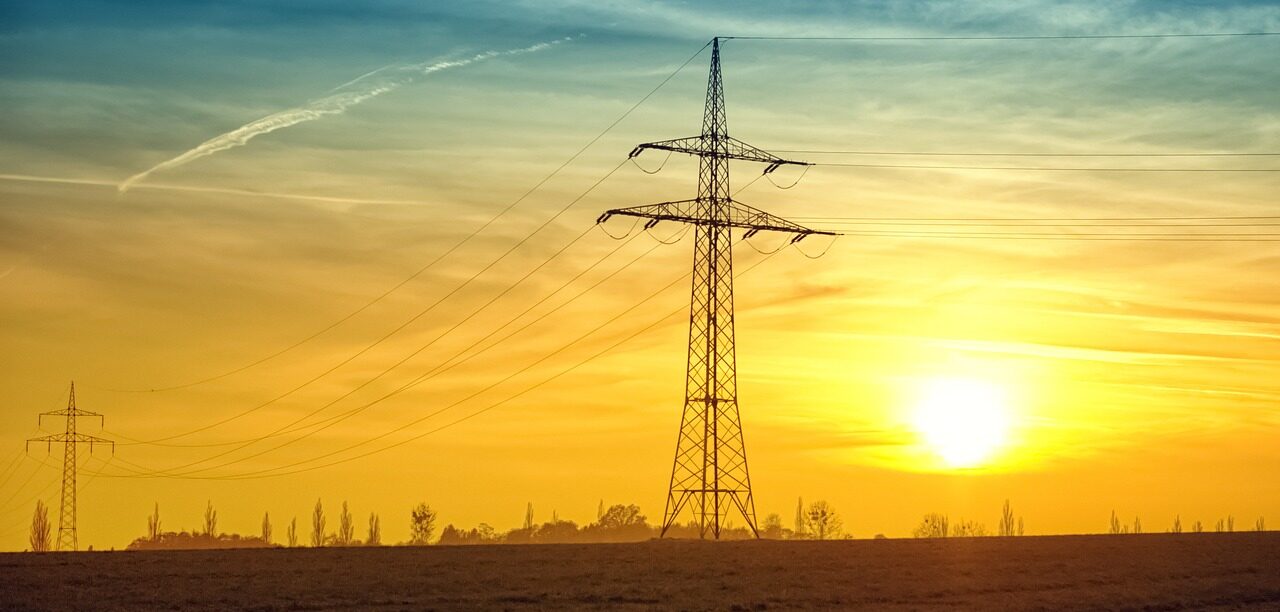Renewable Energy: Powering New Zealand and Beyond
Renewable energy is at the forefront of the global movement towards a more sustainable and eco-friendly future. This shift is vital for reducing our dependence on fossil fuels and combating the effects of climate change. Across the world, and particularly in New Zealand, renewable energy sources are becoming increasingly prominent. These sources include solar, wind, hydroelectric, geothermal, and biomass energy, each bringing unique benefits to the table.
New Zealand’s Renewable Energy Scene
New Zealand is a shining example of how a country can harness its natural resources to create a diverse and robust renewable energy sector. The nation’s unique geography and commitment to sustainability have led to significant investments in various forms of renewable energy.
Hydroelectric Power: Hydroelectric power is the cornerstone of New Zealand’s renewable energy production, contributing around 60% of the country’s electricity. This is made possible by the country’s abundant water resources and mountainous terrain, which provide ideal conditions for hydroelectric plants. The consistent flow of rivers ensures a steady supply of electricity throughout the year.
Geothermal Energy: Situated on the Pacific Ring of Fire, New Zealand benefits from substantial geothermal activity. Geothermal power plants in regions like the Taupō Volcanic Zone tap into the Earth’s heat, converting it into electricity and providing direct heating solutions. This form of energy is highly reliable and environmentally friendly.
Wind Energy: Wind energy is another critical component of New Zealand’s renewable energy mix. The country’s geography offers favorable wind conditions, especially in coastal and elevated areas. Wind farms harness these winds to produce clean electricity, contributing significantly to the nation’s energy needs.
Biomass Energy: Biomass energy is derived from organic materials, such as plant residues and wood. This renewable source is used for generating electricity, heating, and even transportation fuels. Biomass energy helps manage waste and reduce landfill use, making it a valuable addition to New Zealand’s renewable energy portfolio.
Global Renewable Energy Trends
Around the world, renewable energy is growing at an unprecedented rate. Technological advancements, decreasing costs, and supportive policies are driving this expansion, with countries investing heavily in sustainable energy solutions.
Solar Energy: Solar power is one of the fastest-growing renewable energy sources globally. Advances in photovoltaic technology have made solar panels more efficient and affordable, allowing for widespread adoption. Solar energy systems can be found on rooftops and in large solar farms, providing clean electricity to millions of people.
Wind Energy: Wind energy continues to play a significant role in the global renewable energy landscape. Offshore wind farms are gaining popularity due to their higher and more consistent wind speeds. This energy source is crucial for reducing greenhouse gas emissions and creating sustainable power.
Hydropower: Hydropower remains the largest source of renewable electricity worldwide. Large-scale dams and reservoirs, along with smaller run-of-the-river projects, provide substantial amounts of clean energy. This method is highly reliable, though it requires careful management to mitigate environmental impacts.
Geothermal Energy: Countries with significant geothermal activity, such as Iceland and the Philippines, are leading the way in geothermal energy production. This renewable source provides a stable and continuous supply of power, essential for a sustainable energy future.
Biomass Energy: Biomass energy is widely used for heating and electricity generation, particularly in rural areas. It utilizes a variety of organic materials, reducing waste and contributing to a circular economy.
The Path Forward
The global shift towards renewable energy is more than just an environmental initiative; it’s about building a resilient and sustainable energy system. Governments, businesses, and individuals must work together to invest in renewable technologies and adopt clean energy practices.
New Zealand’s approach to renewable energy serves as an inspiration, demonstrating that with the right resources and commitment, a nation can achieve significant progress in sustainability. As the world continues to innovate and embrace renewable energy, we move closer to a cleaner, greener, and more sustainable future for all.
Renewable energy is essential for a sustainable future. By leveraging sources like solar, wind, hydroelectric, geothermal, and biomass energy, we can reduce our reliance on fossil fuels and mitigate the impacts of climate change. The future of energy lies in our ability to innovate and adopt renewable solutions, paving the way for a greener tomorrow.

